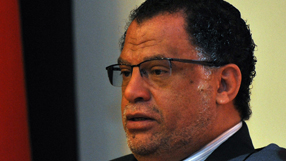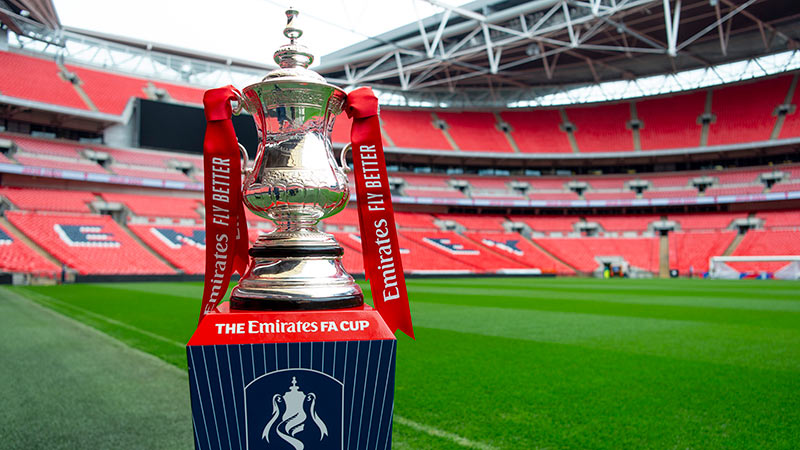Jordaan the man behind 2010 success
JOHANNESBURG - If South Africa get a resounding seal of approval for their running of the World Cup one man will carry most of the plaudits for the success of the 2010 finals.

History teacher, anti-apartheid activist, Member of Parliament and consummate sports politician, Danny Jordaan has been the driving force behind the organisation of the event.
At times, he waged almost a one-man crusade to bring Africa its first World Cup, travelling hundreds of thousands of miles, cajoling FIFA executive committee members and selling the message of the country's capability.
"He's been the face of this World Cup, going to almost every country in the world and sacrificing his personal life for the country in the process," Kirsten Nematandani, the South African Football Association president, told Reuters.
Jordaan ran two bid campaigns, the first unsuccessful and the second victorious, and then turned his hand to organising the finals, including the construction of six new stadiums.
The strong feature of South Africa's organisation was the almost slavish buy-in from the government who opened the coffers to pay for massive infrastructure improvements and provided all the guarantees required by world football's governing body.
Jordaan's close relationship with the country's leaders, forged during his membership of the first post-Apartheid Parliament, was vital to open doors and ensure commitment from the executive and legislative branches of government.
The 58-year-old gave up his seat in Parliament to pursue the World Cup dream.
Get FourFourTwo Newsletter
The best features, fun and footballing quizzes, straight to your inbox every week.
FAMOUS FACE
With his scraggly beard and slightly dishevelled look, Jordaan has the air of the history teacher he was once was but as the eloquent and erudite spokesman for South Africa his is now an internationally known face.
An intimate understanding of the ever-shifting dynamics of world footballing politics, close friendships with key figures in the game across the globe and a relentless appetite for travel meant he rarely missed an opportunity to argue his cause.
"The resilience of the bloke was incredible," said David Davies, who was chief executive of the Football Association at the time England were rival campaigners for the 2006 finals.
"He never stopped. Lobbying is a 24/7 task when you are involved in one of those bids and he never seemed to take a break," Davies told Reuters.
After the bidding campaigns, Jordaan shifted to the role of organiser - a much more complex task, especially when soon after the right to host the World Cup had been won there were attempts to move him out of his central role.
FIFA president Sepp Blatter travelled to South Africa to insist Jordaan be made chief executive officer of the local organising committee.
Jordaan's relationship with the committee chairman Irvin Khoza has always been frosty and became even more acrimonious last year when the two went head-to-head for the leadership of the South African Football Association.
Both withdrew from the race but the fallout from a bitterly-fought contest is now likely to be a major part of his future focus as Jordaan returns to the domestic football arena after a decade of having the World Cup as his singular focus.
